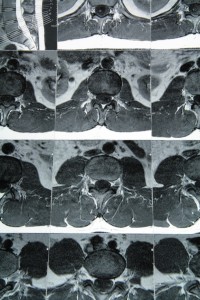 How can we effectively tell when a person is lying?
How can we effectively tell when a person is lying?
If it is someone we are close to, then we likely already have their base line personality/characteristics and can detect (even if we are not always aware of it) when they verge from those characteristics telling us that something is off.
Most people do this daily with their kids, spouses and close friends. This is why many moms just “know” when their children are not being truthful.
Besides having a good baseline there are other factors that can help us recognize when someone is trying to hide something or conceal certain information. These factors are micro and subtle facial expressions.
But, what exactly does the human body do when a person is being deceptive?
How can we accurately gauge a person’s deception. For years, we have used psychological markers such as heart rate, perspiration and general anxiety to measure deception, but with advanced technology we are now focusing on functional magnetic resonance imaging (fMRI) to delineate how our bodies react to the act of lying.
fMRI’s measure the cell activity of the brain by tracking blood flow. This new concept “shows” when a person lies by highlighting the changes in their brain activity.
We have blogged on the importance and relevance of fMRI’s in the past. Scienceline.org has recently added to the commentary on this technology. They state that Joel Huizenga, the CEO of No Lie MRI claims that his fMRI machines are able to “detect deception” with 90-99% accuracy.
“If this technology was accepted, people would have to stop telling lies,” Huizenga affirms. fMRI’s have revealed a lot of new, exciting, and useful information that was previously unattainable. However, the research is still preliminary and many scientists believe that even with this technology we still don’t understand how the brain processes many things.
Steven Hsiao, a neuroscientist at Johns Hopkins University and one such specialist verifies, “The more complex those aspects of perception and cognition, the more difficult it is to isolate them.”
Huizenga believes that it is a money issue and not the science offered up by fMRI’s that keeps this research from being widely used and accepted as deception detection technology. He states,
“There is huge opposition to this. It’s because people are fearful of the government sticking their heads into an MRI and asking if they paid their taxes. They don’t even want people to know that anyone’s heard of it. People want to be able to lie.”
What is your opinion of Huizenga’s perspective on the fMRI?
Do you believe it is just a matter of money and not the scientific results that keep the fMRI from being a scientifically accepted deception detection method?